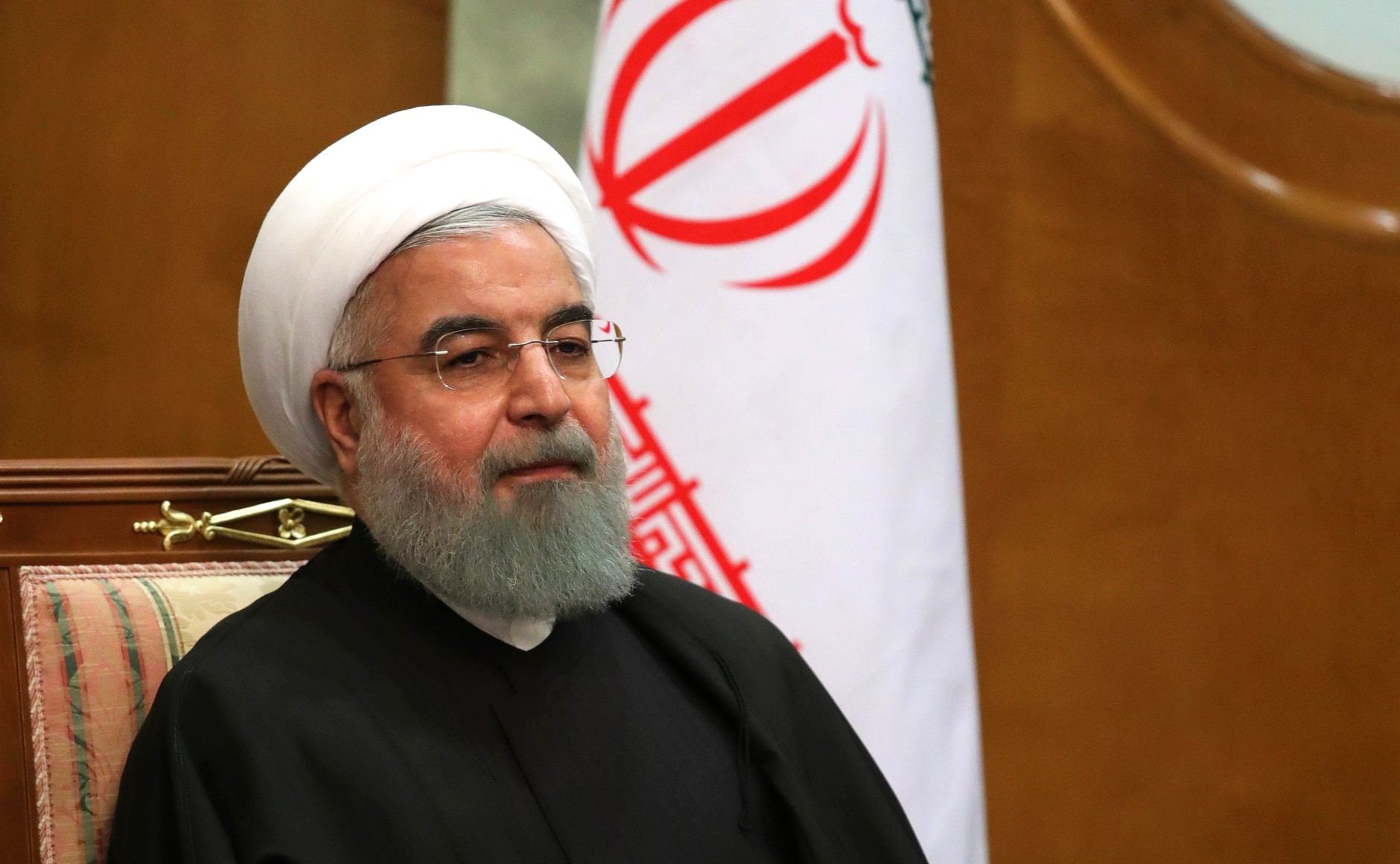Key European States Create Iran Sanctions Loophole
Hassan Rouhani, Iran’s President, has criticized the reintroduction of U.S. sanctions on Iran. (Wikipedia Commons)
According to Foreign Policy, the foreign ministers of the U.K., France, and Germany announced on January 31 the creation of a Special Purpose Vehicle (SPV) to facilitate the trade of food, medicine, and medical devices to Iran.
The SPV, called the Instrument in Support of Trade Exchanges (INSTEX), is incorporated as a limited liability company in Paris, run by a German banker, supervised by a British advisory board, and funded by all three countries. After the United States backed out of the 2015 Iran nuclear deal—officially known as the Joint Comprehensive Plan of Action – and reimposed sanctions on Iran, various European countries vowed to continue trade with Iran while sidestepping strict U.S. sanctions.
INSTEX is Europe’s first concrete attempt to insulate its trade with Iran from American sanctions, creating a barter system that avoids the U.S. financial system.
While INSTEX’s actual mechanisms remain vague, the Financial Times understands it as a “mirror-image transaction system,” replacing “potentially sanctionable international payments between Europe and Iran with payments that did not cross Iran’s borders.”
Currently, European manufacturers cannot sell to Iranian importers and Iranian oil producers could not sell to European fuel traders without involving American sanctions. The Financial Times suggests that, through the SPV, the European fuel trader could pay the European manufacturer in Euros and the Iranian importer could pay the Iranian oil producer in Iranian rials, while the goods themselves would be exchanged without an official monetary transaction. Such an exchange, however, would require Iran to set up its own version of INSTEX, a process opposed by anti-Western Iranian groups.
Despite INSTEX’s intent to avoid sanctions, its European supporters plan to start with small-scale transactions of non-sanctionable, humanitarian goods, including food and medicine. Al-Monitor quotes Abbas Araghchi, Iran’s deputy foreign minister and a key negotiator in the 2015 nuclear deal, as saying, “it’s possible [INSTEX] will start with these [non-sanctionable] goods until a mechanism for payment is established, but essentially it is beneficial for sanctioned goods, and the purpose of this vehicle is for sanctioned goods.”
Since the United States withdrew from the Iran deal and reinstated sanctions in 2018, the Iranian economy has tumbled, facing rising unemployment and inflation. A falling Iranian rial has decreased the Iranian government’s ability to purchase foreign goods, which has led to shortages of food, medicine, and foreign currency reserves. Furthermore, with Chinese oil imports at a three-year low, Iran has no stable way of obtaining foreign currency to import more goods.
Azernews, an Azerbaijani newspaper, quotes Iranian economy expert Mehrdad Ermani as saying, “I expect that within a short period, services offered through INSTEX will generate positive trade and finance gains to Iran.” However, Deutsche Welle, a German newspaper, notes that INSTEX’s small-scale trade in non-sanctionable goods may not actually assist the Iranian economy beyond alleviating shortages.
Furthermore, as Deutsche Welle reports, the Trump administration has stated that it is closely following these developments. The U.S. State Department warned in a statement that “entities that continue to engage in sanctionable activity involving Iran risk severe consequences that could include losing access to the U.S. financial system and the ability to do business with the United States or U.S. companies.” On the other hand, the European Union Foreign Policy Chief Federica Mogherini embraced
the SPV as a tenable trade framework that would allow actors to “pursue legitimate trade with Iran,” according to a statement from her office.
Ultimately, as the New York Times states, the success of INSTEX depends on Iranian cooperation, the willingness of small European companies to engage, and the U.S. government’s response.

